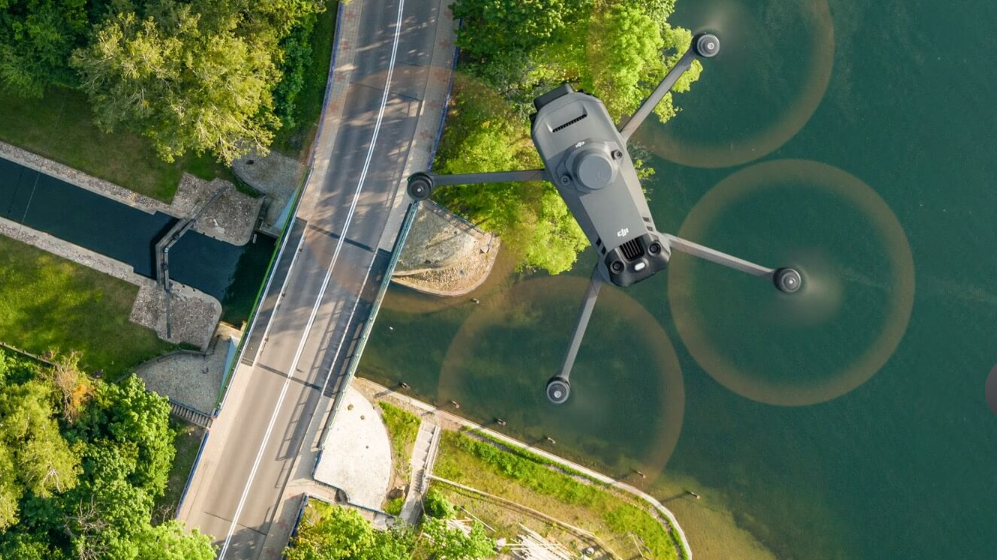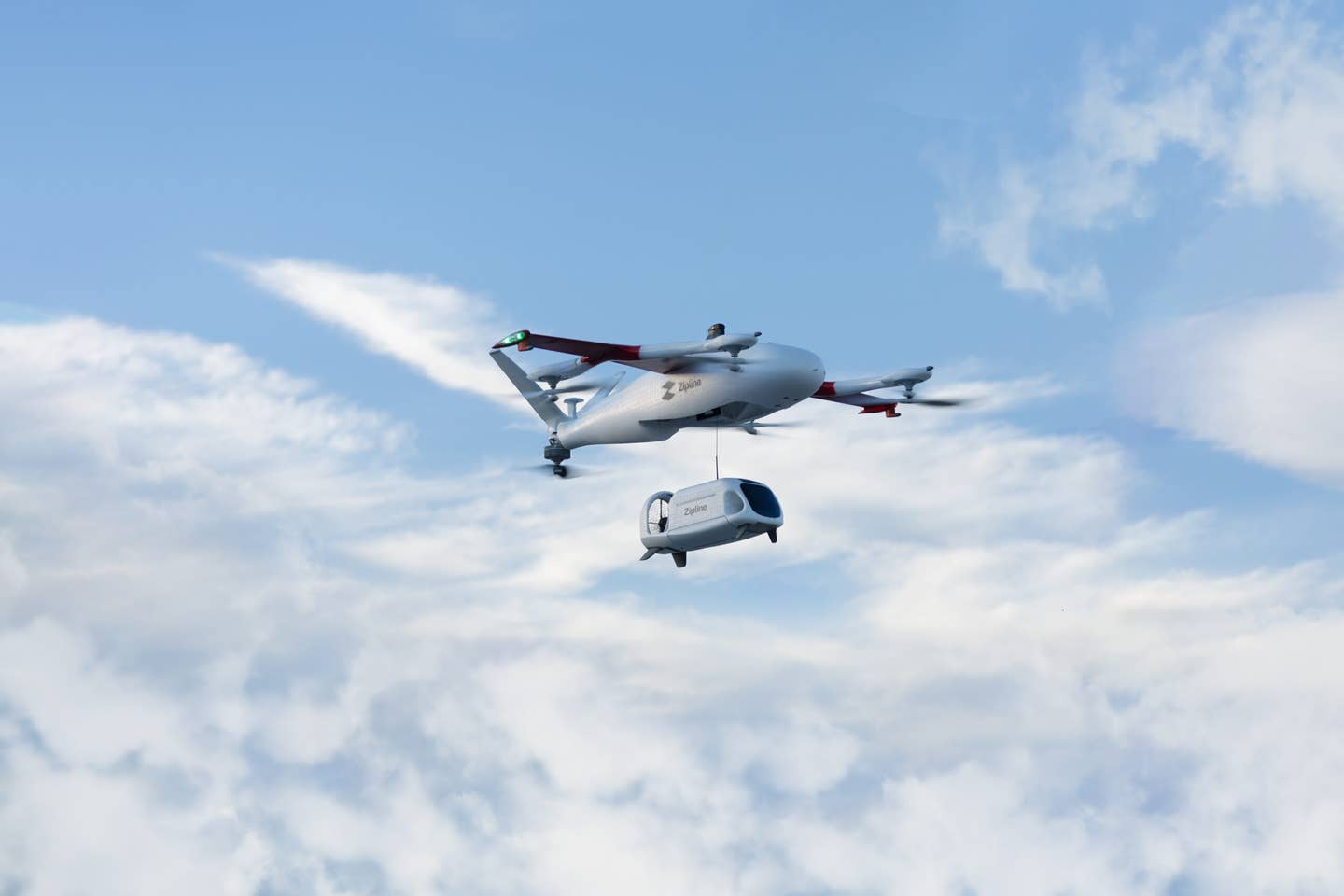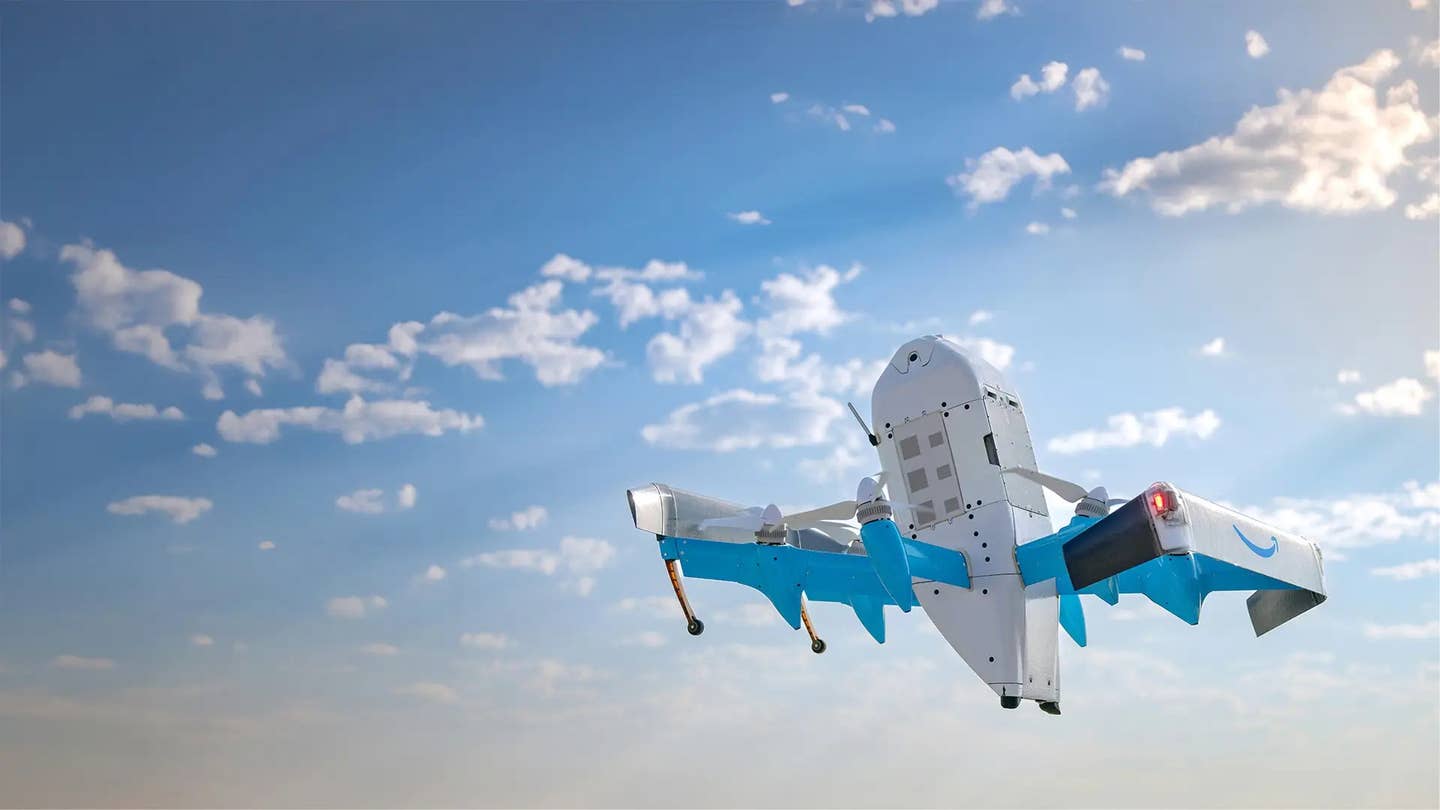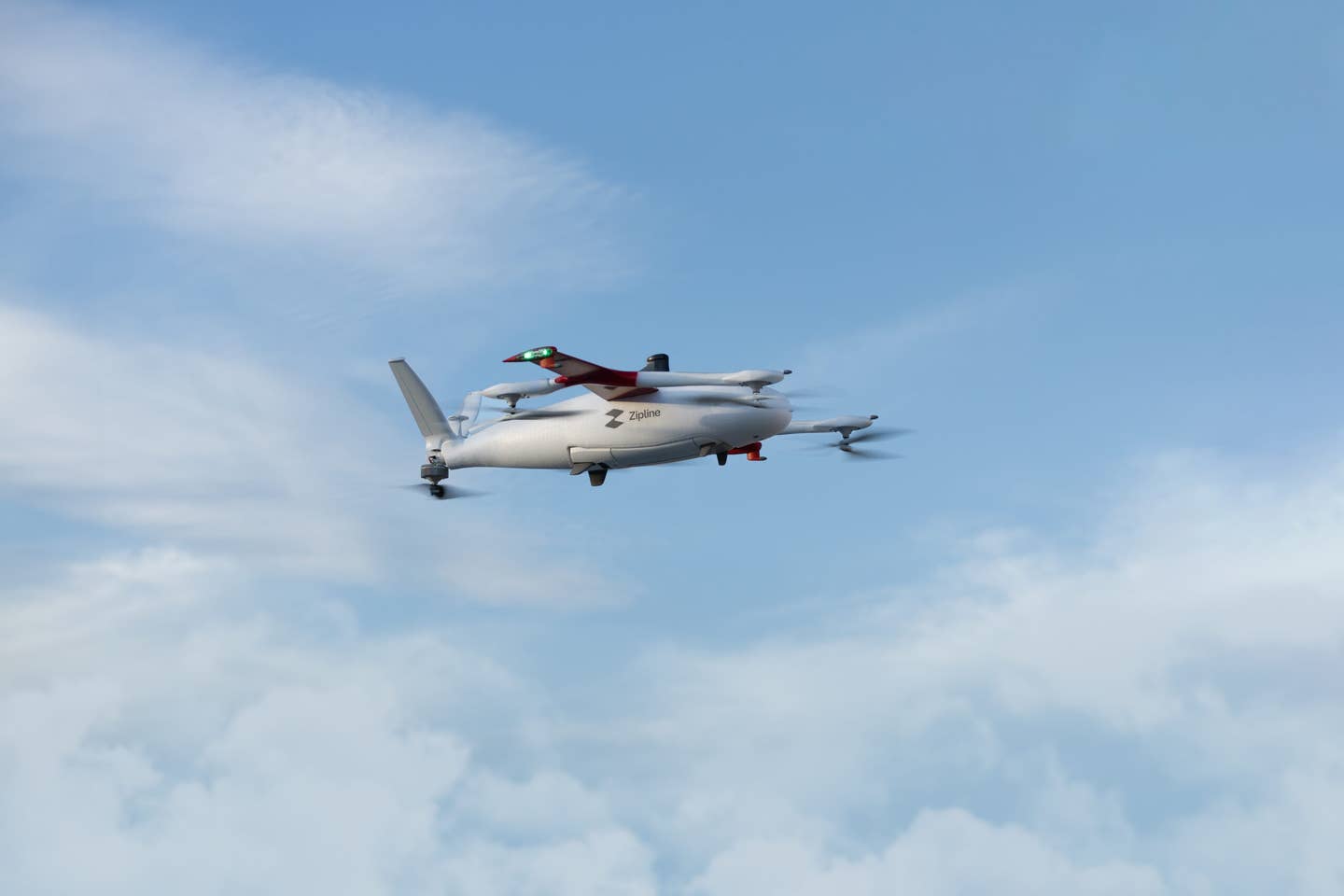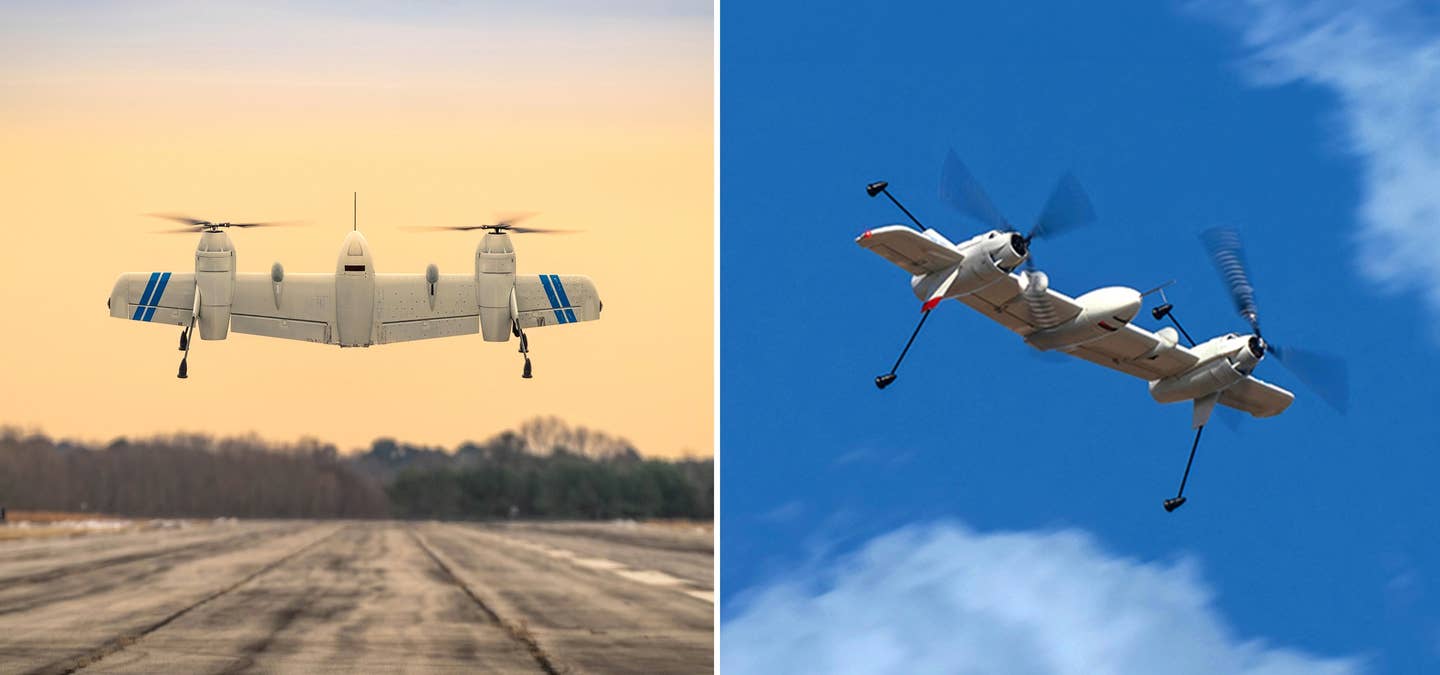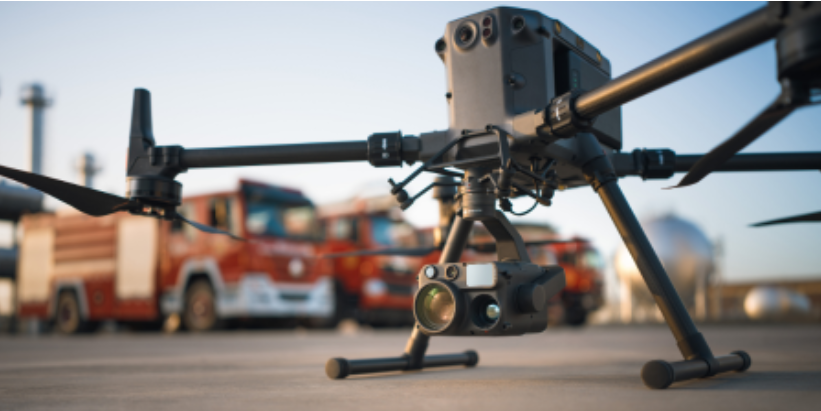Arkansas the Latest State to Implement DJI Drone Ban
The new law follows Florida’s sweeping ban of Chinese and Russian drones.
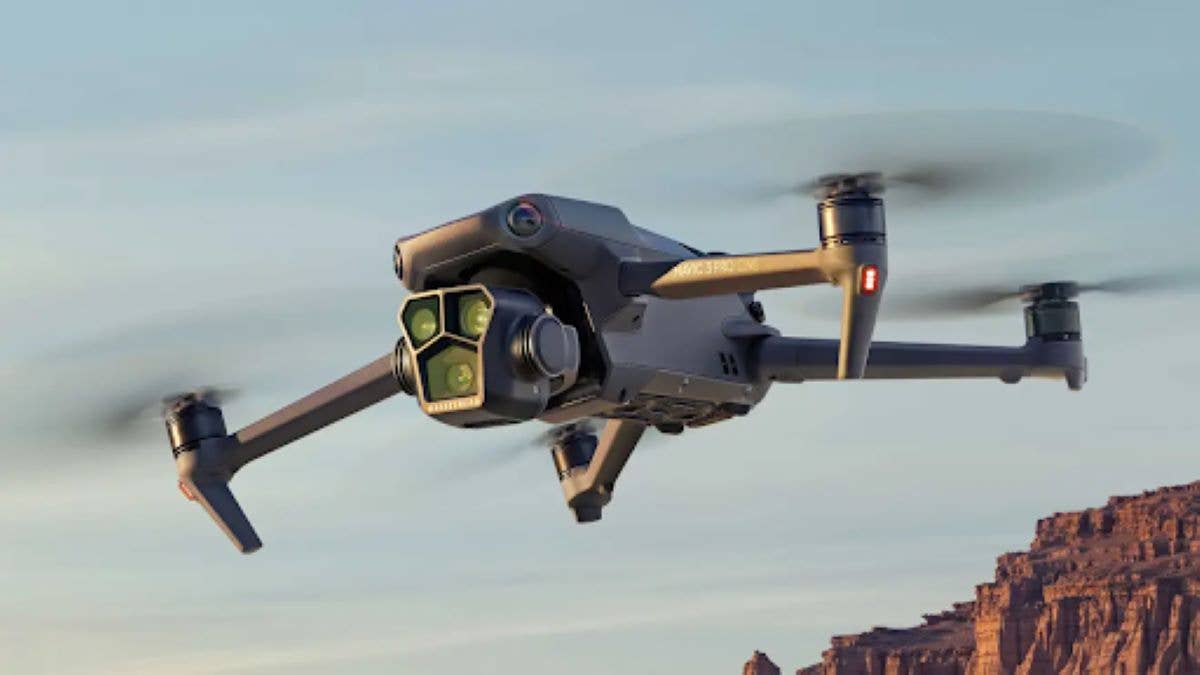
DJI’s newly released Mavic 3 Pro may soon be banned by the FCC. [Credit: DJI]
A growing number of U.S. federal lawmakers are pushing for a total ban on drones made by China’s Da-Jiang Innovations, better known as DJI.
Already, the company’s drones have been blacklisted by the Department of Defense and the Department of Commerce, and House Republicans are now looking to add them to the Federal Communication Commission's Covered List. They’ve been outright banned from use by the Florida government and law enforcement agencies. And now, another state has done the same.
A new piece of legislation passed in Arkansas will prevent public entities, like law enforcement agencies, from using drones manufactured by “covered foreign entities,” a list that includes only Russia and China—and by extension, DJI.
But unlike the Florida law, which is currently being challenged as an “unfunded mandate” as it will require agencies to rebuild their drone fleets out-of-pocket, Arkansas Act 525 will give public entities four years to remove the drones from service.
The rule was introduced in the Arkansas state legislature under the same grounds as bills being introduced in the federal government: national security. Like Reps. Elise Stefanik (D-New York) and Mike Gallagher’s (R-Wisconsin) Countering CCP Drones Act, lawmakers relied on unfounded accusations that DJI drones are spying on U.S. citizens and government activities.
“[DJI is] an extraordinarily bad actor,” said Rep. Brit McKenzie, one of the legislation’s cosponsors. “It's a Chinese military company. We can call it 16 things under the sun, [but] that's really what it is.”
McKenzie added that DJI drones can "link into devices, networks, and mainframes," while DJI has reiterated that users have total control over what data is transmitted and has said specifically in a press release that it is not a “Chinese military company.”
“Any position or concern solely based on country of origin limits competition, innovation, and the availability of technology,” a DJI spokesperson told the Arkansas-Democrat Gazette.
It appears McKenzie is also worried about DJI drones’ low cost, positioning the ban as a national security measure and warning, “I have to think that that's by design or intention.”
But the Arkansas lawmaker also claimed that protectionism did not factor into the ban, stating, “It's not a protectionist bill. It's a safety bill.”
DJI drones are known to be widely used among public safety agencies, with some estimates placing the firm's market share close to 90 percent. In Florida, agencies have already scrapped hundreds of drones and are now faced with an unfavorable choice: build a new fleet with their own money, or go without drones and risk public safety. In short, they're not happy.
“You can’t measure what these drones have brought to officer safety,” Palm Beach County Sheriff’s Office Col. Robert Allen told lawmakers at a hearing in March.
So far at least one Arkansas law enforcement agency, the Little Rock Police Department, has said it will use its drones as much as possible until replacements are needed, per the Gazette.
In cases where an agency believes its drones will last longer than the four-year phase-out period, a waiver would allow it to keep them in service. But like Florida’s legislation, the Arkansas rule does not allocate state funding to help agencies replace their defunct aircraft.
“A lot of these folks spend their own time building out these drone programs, often after buying their own drone, to familiarize themselves with it and to become proficient with it,” said Chris Fink, CEO of Fayetteville, Arkansas-based Unmanned Vehicle Technologies, which supplies public safety agencies with drones from both foreign and domestic manufacturers.
Fink criticized the lack of a funding mechanism for local government and law enforcement to rebuild their DJI-less fleets, arguing that the state should have devoted more time to that aspect of the rule.
It’s possible that, much like Florida’s rule, Act 525 is challenged on the grounds of being an unfunded mandate, placing an undue burden on law enforcement agencies to finance their own public safety technology.
However, because it doesn’t require agencies to ground their DJI drones immediately, the Arkansas rule may have a little more staying power than its counterpart.

Sign-up for newsletters & special offers!
Get the latest FLYING stories & special offers delivered directly to your inbox

